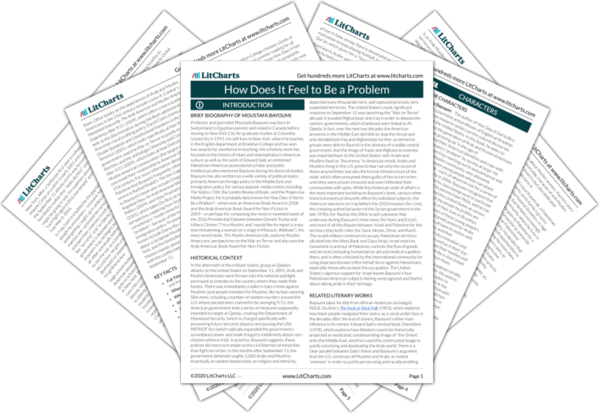Previous
Allah
|
Previous
Allah
|
Al Jazeera Term Analysis |
Next
Al-Qaeda
|
“But look, Omar,” she said. “I'm a friend of your family. And just for the future, I'd like to warn you.” She paused. “This,” she said, pointing to the line on his résumé that Omar was most proud of, his work at Al Jazeera, “this could work against you in the future. Especially if you want to get work with people who feel threatened by the whole Arab thing.”
